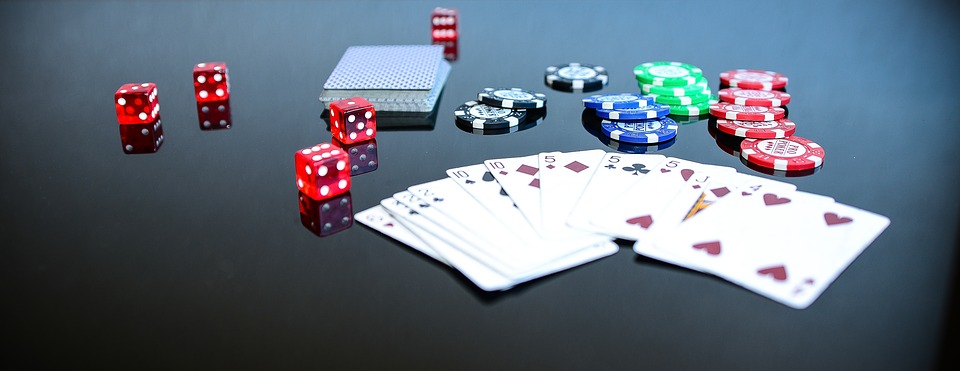
To follow up on that last example, we want to look in this piece at some of the benefits you can enjoy from picking up the specific game of poker, either with friends or on your own. It’s a very popular game, and like some of the other hobbies mentioned above, it can do more than just occupy your time.
Here’s a bit more on the ways in which this particular game can benefit you.
More socialization
As we emerge from the worst days of the pandemic and the isolation it brought about, many of us are thirsty for socialization (even if we don’t realize it consciously). Not only has our relative lack of socialization affected moods and day-to-day activity, but it has also deprived us of benefits. Social activity is known to increase happiness, cognitive skills, as well-being; it also staves off risk of depression and feelings of loneliness. And as we now look to spend time with others and enjoy these benefits once more, games offer perfect ways in which to do so.
Once again, we’ve touched on playing games with friends as an excellent use of time before, and poker falls right into this category. It’s a game played in many forms around the world, but one that can always be played out among friends around a table. The game facilitates casual competition, but also gives you the perfect opportunity to sit down, chat, and catch up without being distracted by surroundings, technology, other people, and so on. It’s just you, your friends, and the cards.
Greater resilience
Beyond opportunities to hang out with friends and hone social skills, there are also mental skills associated with playing poker –– with increased resilience being chief among them. Simply put, you’ll learn playing poker that if you focus on the outcome of each hand or each game, you’ll be disappointed; a “results-driven” approach will leave you depressed every time you lose. Alternatively, you’ll figure out the more you play that if you keep your focus on the bigger picture and your wins over the long run, you’ll be both a better and happier player.
The same is true in countless aspects of day-to-day life. If you’re searching for a job for instance, you can’t afford to feel down and defeated each time you don’t hear back after sending in an application; if you’re jumping into the dating pool, you can’t expect every contact to yield a potential soulmate. Rather than letting these speedbumps set you back, staying positive and focusing on the bigger picture will set you up for success in the end.
Improved concentration
Concentration is also considered to be one of the life skills you can learn from poker. Throughout any game, you’ll need to pay close attention to your cards and those of your opponents; you’ll even need to monitor opponent body movements, to see if you can catch telling reactions and press advantages. And if this concentration lapses, it can be the difference between winning and losing! For example, if you lose focus, you might miss how eager someone else is to bet based on new cards, and thus miss your signal that they probably have a good hand. This can cause you to keep betting only to get pulled into a loss.
There’s no end to the ways in which honing concentration through poker (or a similarly focus-driven game like chess) can help you in day-to-day life. The clearest example is in driving, where focusing solely on your primary task is a matter of personal safety. But when you learn to concentrate, you’re also likely to improve the ways in which you handle any number other situations –– personally, at work, and even in other hobbies.
Improved decision-making
We make decisions throughout each and every day –– from what we’re going to eat for lunch, to whether or not to pull the trigger on a major investment, and everything in between. And to some degree, these decisions all come down to the basic challenge of navigating incomplete information. You don’t know how you’ll feel after eating a given lunch; you’re not sure if an investment will work out. You simply have to use the information at hand to make the decision you believe will be most beneficial.
As it turns out, poker is perfect practice in this regard. Indeed, mathematician Jon Von Neumann has even argued that poker is perfect practice for decision-making because the game, too, is based on incomplete or imperfect information. You don’t know what cards your opponent might have or which ones might be dealt next, but you use what data is at your disposal to determine the best course of action. It’s excellent training for day-to-day decision-making of all kinds.
All the best hobbies are those that can teach and benefit us, and poker –– given the points above –– is a perfect example. Picking up the game even as a simple hobby will help you to socialize more, improve your resilience and concentration, and even become better at making decisions. And you’ll have quite a bit of fun while you’re at it.


